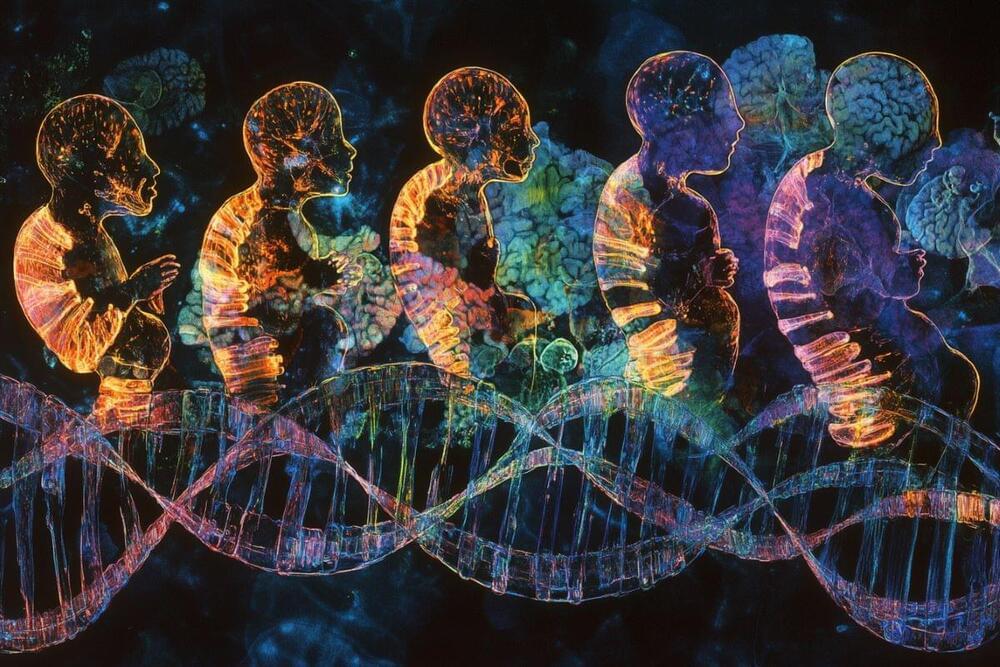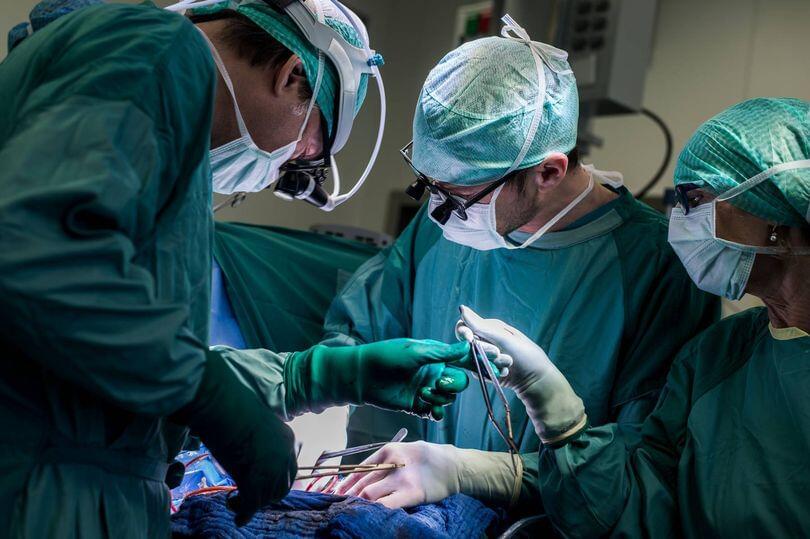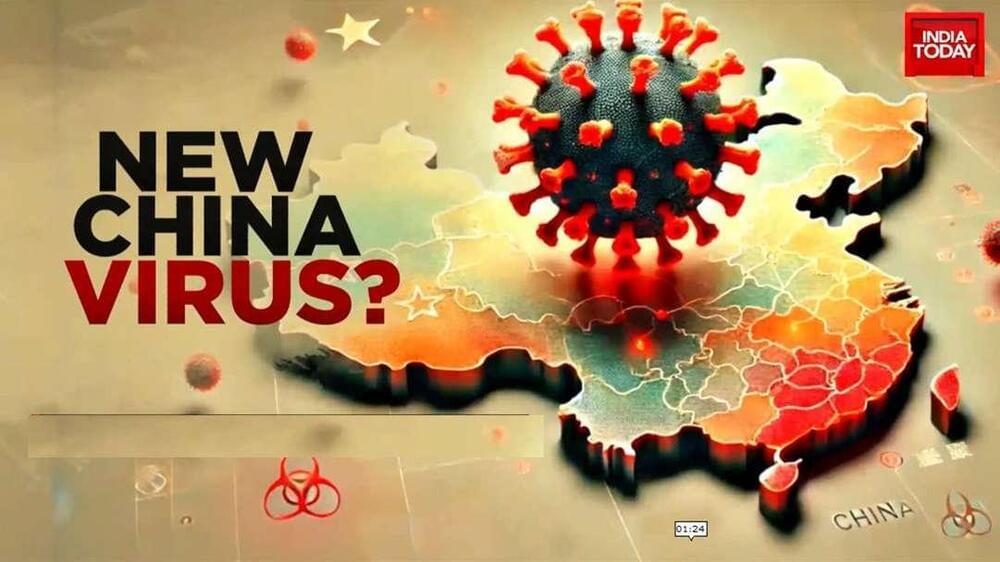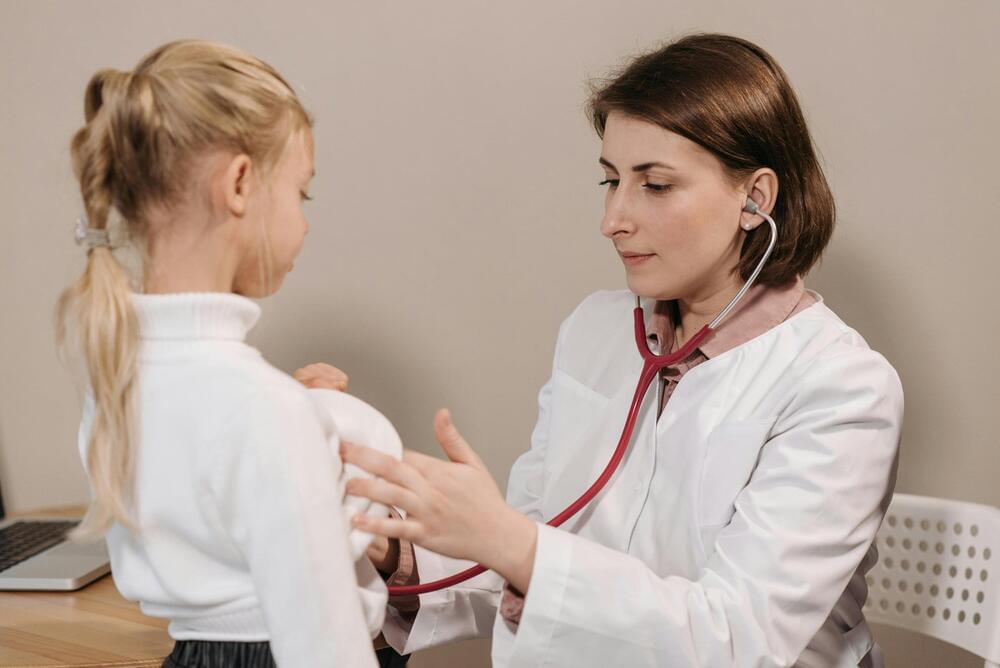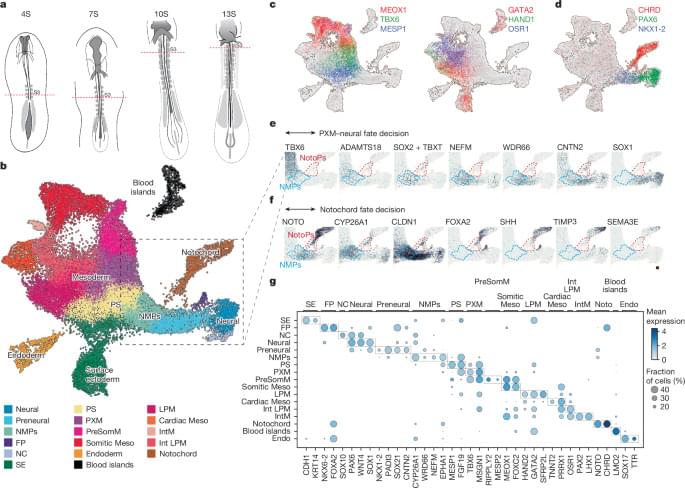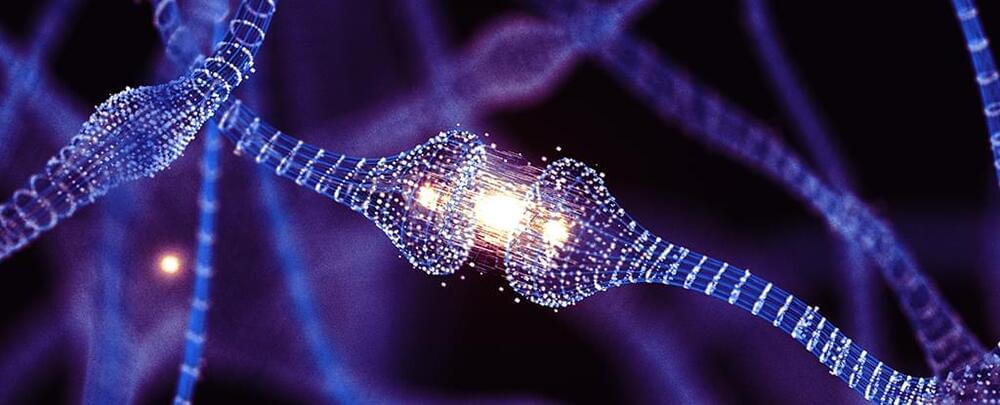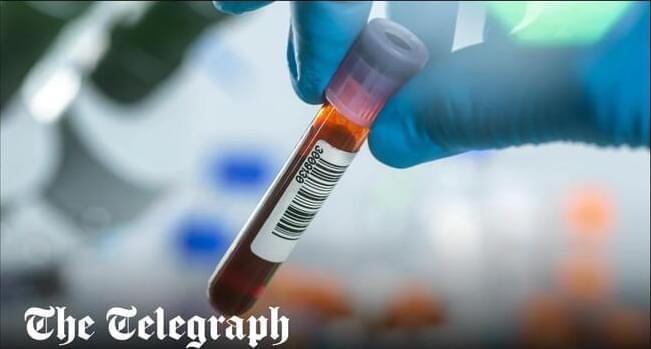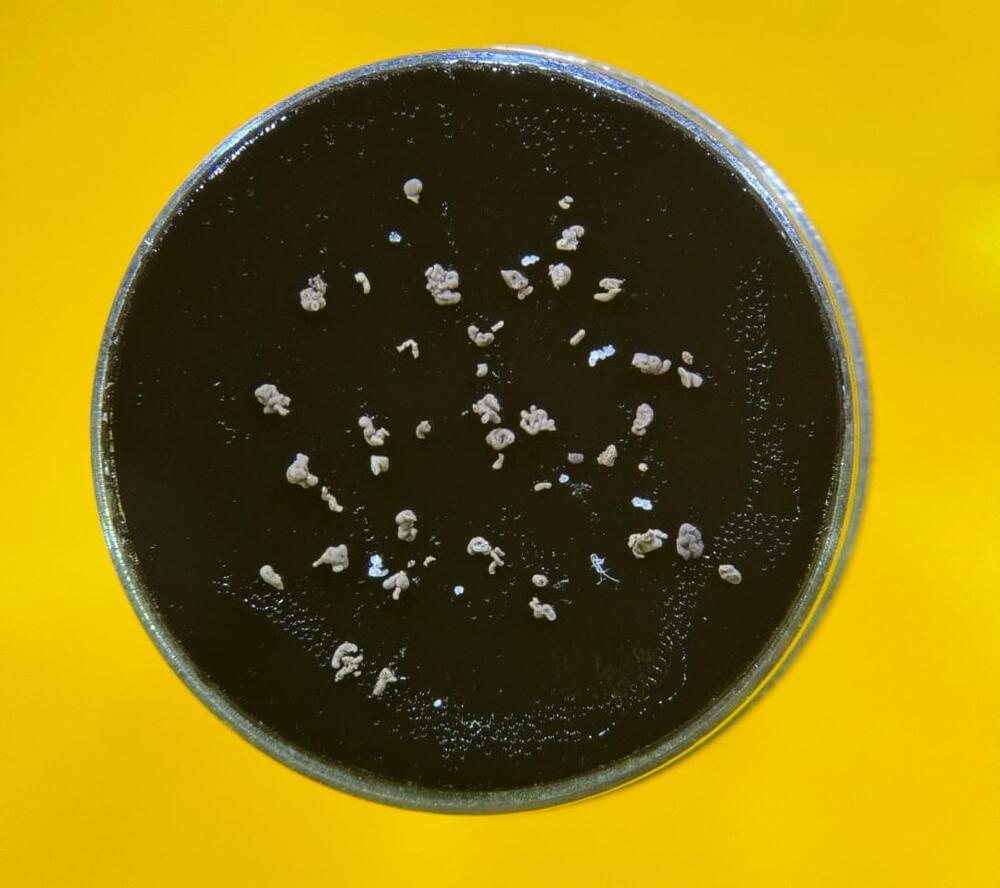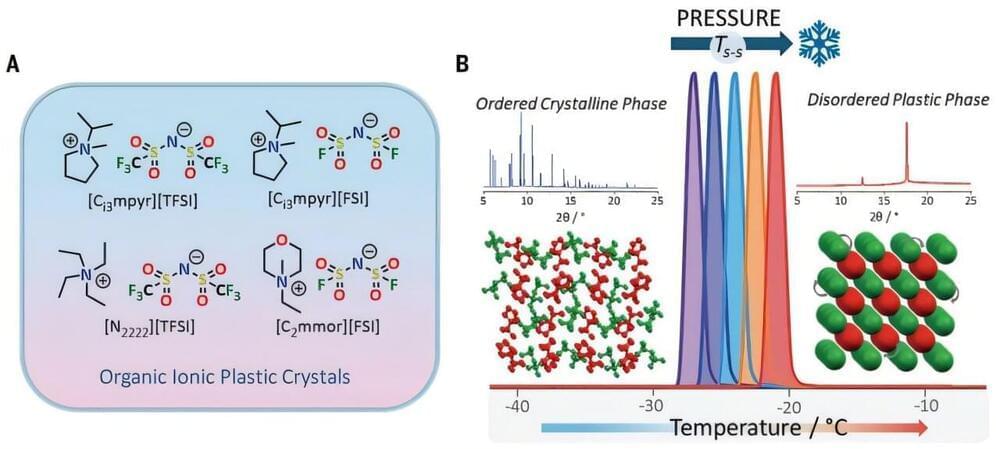Jan 5, 2025
New Insight into Genetic Disease Variability
Posted by Genevieve Klien in categories: biotech/medical, genetics
Summary: New research reveals that certain cells inactivate one parent’s copy of a gene, leading to a bias in gene activity that may explain why some individuals with disease-causing mutations remain symptom-free. This selective gene inactivation, known as monoallelic expression, affects about 1 in 20 genes and varies between cell types.
The study shows that in families with genetic disorders, the active copy of a gene often determines disease severity. These findings challenge traditional genetic paradigms and suggest new approaches to diagnosing and treating inherited diseases.
